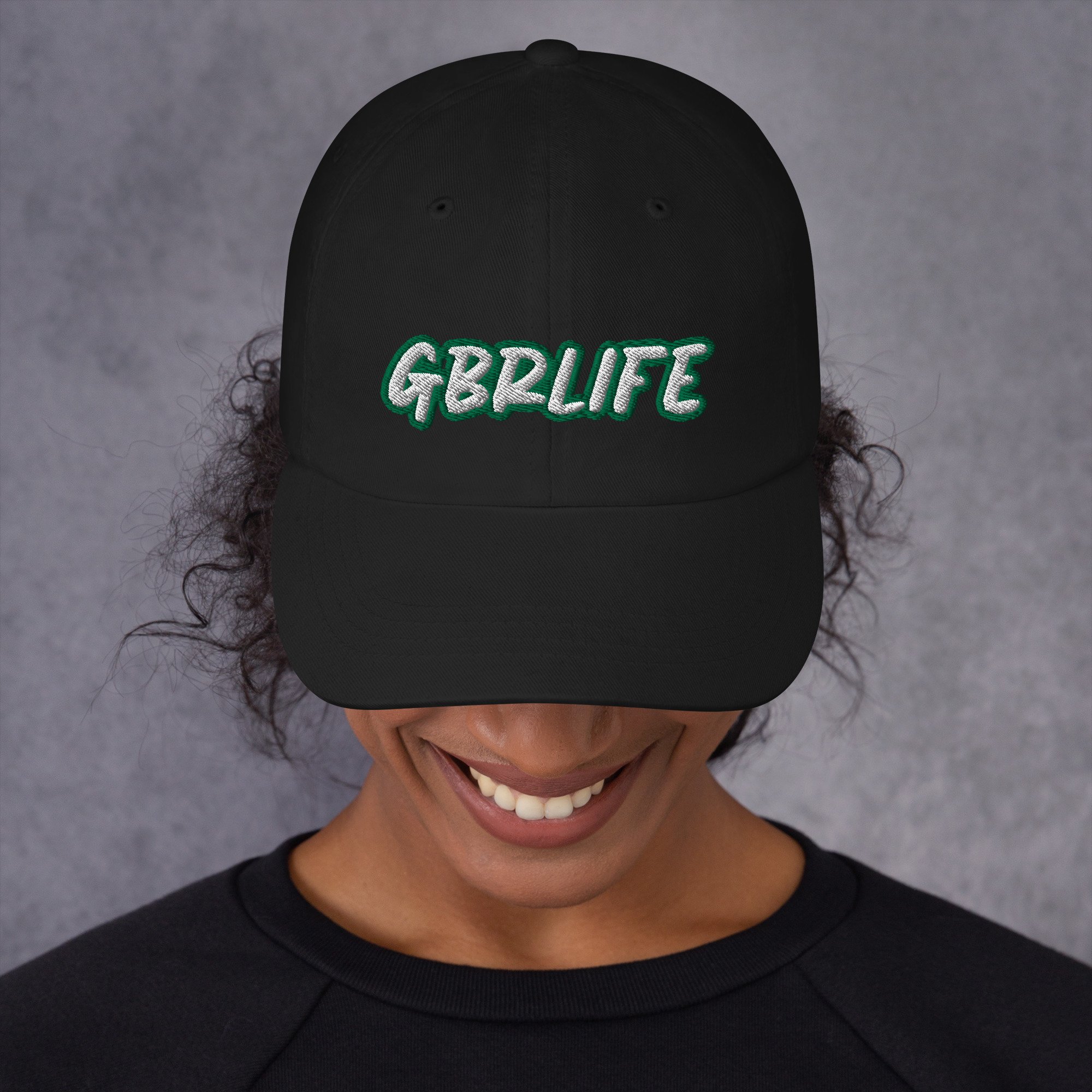The Weird Link Between Your Favorite TV Shows and Your Attachment Style
Have you ever sat there, bleary-eyed at 2 a.m., watching that same show for what feels like the hundredth time? You already know every line before the characters speak, every plot twist before it lands, but still—you keep hitting next episode. You tell yourself it’s just good television. Maybe it’s nostalgia. Maybe it’s just something to drown out the noise of the day. But deep down, if you’re honest, you know it’s more than that. There’s something about that show—the one you always come back to—that just feels like home. And that’s the thing we never really talk about… sometimes what feels like home isn’t always good for us. Sometimes it’s just familiar.
Image Credit: DALL-E
What if I told you the shows you obsessively watch—your comfort rewatches, your late-night background noise, even the ones that leave you gutted and emotionally wrecked—aren’t random at all? They’re emotional breadcrumbs. Clues left by your subconscious, pointing directly to the way you were taught to give and receive love long before you ever understood what attachment really was.
We all have an attachment style, shaped in the quiet moments of childhood—before we had the language to name what we were feeling, before we understood what was healthy or unhealthy. Some of us learned that love was conditional, that warmth and affection had to be earned through good behavior or emotional caretaking. Others learned that getting too close meant getting hurt, so distance became a form of protection. And some lived in the chaos of inconsistency—never quite knowing if today would bring tenderness or abandonment.
Now take that understanding and overlay it onto your favorite shows. Why do the messy, toxic romances in Grey’s Anatomy or Euphoria feel so addictive? Why do the slow-burn, emotionally unavailable characters in The Vampire Diaries or Bridgerton make your heart ache in the best—and worst—ways? It’s because those storylines mimic the emotional patterns you were trained to survive. If you grew up always chasing love that felt just out of reach, of course you’re captivated by the characters who withhold affection until the dramatic, last-minute confession. That high-stakes emotional ping-pong is a familiar game. And no matter how exhausting it looks from the outside, it feels like home when it’s all you’ve ever known.
For the anxious hearts out there, the drama is intoxicating. The ‘will-they-won’t-they’ isn’t just entertaining; it’s validating. It confirms the belief that love is supposed to feel like a chase, that emotional availability must be earned, that you have to prove yourself worthy before someone will choose you. And when they finally do, after seasons of agony? That dopamine hit feels like a victory, even if it’s only temporary.
But maybe you’re the opposite. Maybe you only feel safe with lighthearted sitcoms—shows where nothing truly painful ever happens. The friend group always makes up. The family sitcom resolves every crisis before the credits roll. Think Friends, The Office, or Modern Family. These shows operate in a bubble where conflict is surface-level, and no one ever really leaves. If you lean toward an avoidant attachment style, these shows provide the perfect fantasy: connection without the threat of emotional intimacy, humor without heaviness, love without the terrifying vulnerability that comes from really letting people in. You get just enough warmth to feel good—but never so much that it feels overwhelming.
And then there are those of us who willingly drown ourselves in tragedy. We seek out the shows that devastate us—where no one gets a happy ending, and even the rare moments of joy are quickly shattered. Think The Handmaid’s Tale, Game of Thrones, or Breaking Bad. These aren’t just stories; they’re reflections of an inner belief that happiness is temporary, that love is dangerous, that survival means expecting loss around every corner. This is often the signature of a disorganized attachment style—a constant push and pull between craving connection and fearing it. You watch these stories because they mirror the chaos you’ve lived through, and in some strange way, it feels honest.
If this is hitting a little too close to home, you’re not alone. Media has always been more than just entertainment—it’s a mirror. A reflection of not just our society, but of the emotional patterns we carry deep within. Think about how media evolved over time. In the golden age of television, we had Leave It to Beaver and I Love Lucy—perfect little domestic stories wrapped up in tidy endings. Then came the rise of the anti-hero era—The Sopranos, Mad Men, Breaking Bad—where complexity, moral ambiguity, and emotional chaos took center stage. Now, we’re in a time where nostalgia reigns supreme, and we’re all collectively clinging to our ‘comfort shows’ like life rafts in an ocean of uncertainty.
But here’s the uncomfortable truth: the emotional storylines we binge on screen often reflect the ones we’re still replaying in real life. That’s why you can’t stop rewatching the same toxic relationship dynamics, even when you know how it ends. It’s why you cry every time a character finally finds the acceptance you’ve been secretly wishing someone would give you. And it’s why, no matter how many times the ending disappoints you, you keep hoping it’ll be different next time.
Because it’s not really about the show.
It’s about the part of you that’s still waiting for a different ending to your own story.
The good news is—you’re the writer now. You don’t have to keep casting the same roles or following the same tired script. You can choose healthier plotlines, characters who show up for you, relationships that aren’t built on chaos and uncertainty. But first, you have to notice the patterns. You have to ask yourself: What am I really searching for every time I hit play?
And then—perhaps for the first time in your life—you have to believe you’re worthy of a happier ending.
It’s okay if you still love those shows. Keep watching them if they bring you comfort. But don’t forget to write new scenes for yourself along the way. Scenes where you don’t have to chase anyone. Where love is steady, not earned. Where the drama stays on the screen, and your real life is peaceful, joyful, and full of people who don’t just show up in the final episode… they’re there for every season.
And if you’re looking for a sign that it’s time to change the channel?
Consider this it.
If You Loved This, You’ll Love These Too:
Have You Heard The Latest Episode of GBRLIFE of Crimes?
GBRLIFE has so much more:











